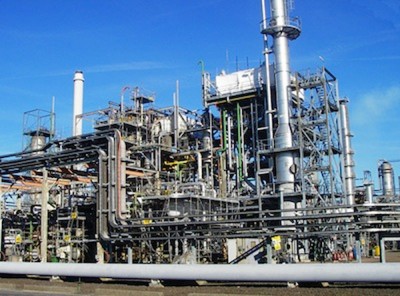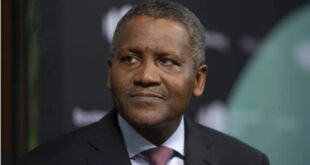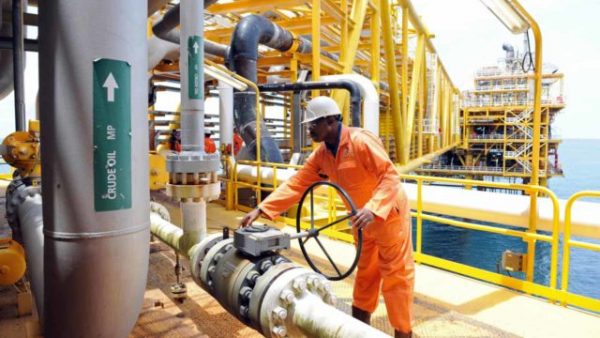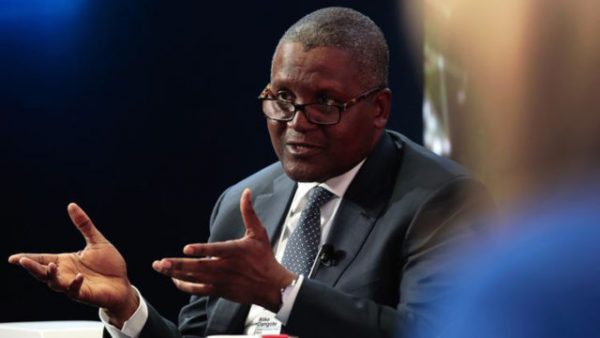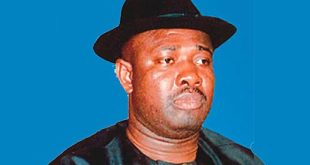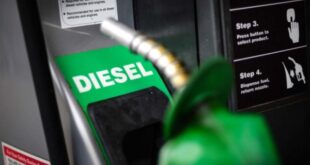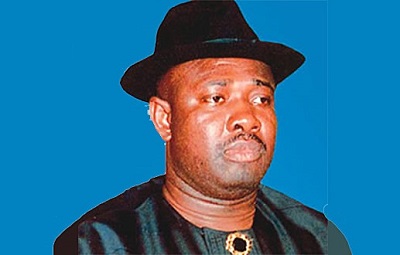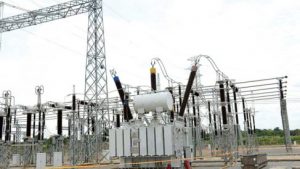 ‘It is obnoxious, provocative policy’
‘It is obnoxious, provocative policy’
• What we have done, by agency
The Peoples Democratic Party (PDP) and other stakeholders have rejected the alleged rise in electricity tariff, even as the regulatory agency denied approving any increase.

There were reports at the weekend indicating that electricity consumers in the country would pay more tariff from April this year, based on a minor review of the Multi Year Tariff Order (MYTO) 2015 and the Minimum Remittance Order (MRO) for 2020 published by Nigerian Electricity Regulatory Commission (NERC).
NERC has the mandate to implement the Electric Power Sector Reform (EPSR) Act 2005, especially Section 32, which allows it to ensure prices charged by licensees (distribution companies) are fair to customers and sufficient to allow the licensees finance their activities and make reasonable profit for efficient operations.

In August last year, NERC published a minor review of tariff order indicating that from 2020 consumers would pay a maximum N14 addition for every kilowatt-hour of energy, depending on their status and their distribution companies.

While the increase was expected to start from this month, the new order has suspended the directive till April, stating that “the Federal Government’s updated Power Sector Recovery Programme (PSPRP) does not envisage an immediate increase in end-users tariffs until 1st April 2020 and a transition to full cost reflectivity by end of 2021.”
In its reaction yesterday, the PDP described the planned increase as draconian and completely against the interest and wellbeing of Nigerians.
The party charged the Federal Government to immediately rescind what it called “the obnoxious and provocative policy and consult further with Nigerians before any such tariff hike.” It also urged the National Assembly to rescue Nigerians from such a draconian policy by deploying its statutory legislative instruments to call the Federal Government to order in the interest of the nation.
The PDP, in a statement by its National Publicity Secretary, Kola Ologbondiyan, described the alleged increase in electricity tariff as an attempt to worsen “the fleecing of Nigerians, who are already overburdened and groaning under the weight of high costs, economic repression and heavy taxes foisted by the insensitive APC administration.”
According to the opposition party, “It is lamentable that Nigerians, who are already suffering the devastating negative impact of the recent increase in the Value Added Tax (VAT) from five per cent to 7.5 by the APC administration, are now being further suppressed with increased electricity tariff.
“Our party holds that the increase in electricity tariff, under the prevailing harsh economic conditions, is injurious to the wellbeing of Nigerians as it will further stress the productive sector and lead to an upsurge in the cost of regular and essential goods and services, including food, medicine, housing, education and other critical needs.”
It declared that “the APC policy, if allowed, will worsen the suffering of Nigerians as it will put more stress on already overburdened families, cripple businesses, result in job losses and exacerbate the prevailing frightening unemployment rate under the Buhari administration.”
The National Coordinator of the Human Rights Writers Association of Nigeria (HURIWA), Emmanuel Onwubiko and the National Media Affairs Director Miss Zainab Yusuf, said the focus of the Federal Government in the beginning phase of the year should not be to impose grave hardship on the populace just coming out of the seasonal festivities of Christmas and New Year but on how quality education could be delivered to millions of the children of Nigerian suffering families that would be returning to schools in the next few days.
“The government should be focused in this New Year on how to improve health care and on how to curb the internal corruption that has destroyed the so-called schools feeding programme instead of President Muhammadu Buhari working day and night to unleash devastating economic strangulation through unsustainable reviewed electricity power tariffs on millions of Nigerians most of whom are unemployed, hungry, sick and poor.
“The Buhari-led administration should be focused on restoring security of lives and property which is the primary duty of government and for which it has failed to discharge instead of rushing to introduce the wicked policy of electricity power hike in January of a fresh decade.”
But the Coordinator of Electricity Consumer Advocacy Network, AbdulHakim Balogun, said that the increase was expected, as provision had been made for such under the law. He, however, stated that the timing might not be appropriate, considering the state of the economy, increase in VAT and pressure on consumers’ disposable incomes.
The Director General of Lagos Chamber of Commerce and Industry (LCCI), Dr. Muda Yusuf, said the power sector problem was multifaceted, adding that the approach to addressing it should be holistic, otherwise the consumers would be vulnerable.
“The tariff question is no doubt one of the problems. But what is NERC doing about the issues of the capacity of the Discos, estimated billing, technical and commercial losses, metering problem, quality and adequacy of investment by the Discos, transmission, proposal on the decentralisation of the sector, promotion of off grid solutions and incentives for renewable energy solutions? All of these need to be addressed in order to inspire the confidence of consumers.
“NERC should protect the interests of consumers as well as those of the investors. There is also the social dimension of electricity provision to those at the bottom of the pyramid. It is also critical to disaggregate and interrogate the components of cost being claimed by the Discos. Already, many small businesses have complained about prohibitive tariffs by Discos following the last review. What is needed is a holistic reform rather than the simplistic solution of tariff review,” he stated.
But the regulatory agency, NERC, said it had not approved any tariff increase yet.
The General Manager, Public Affairs, Mr. Usman Arabi, made the clarification in a statement issued on the agency’s website and obtained by the News Agency of Nigeria (NAN) in Lagos yesterday.
Arabi said: “The attention of the NERC has been drawn to the publication in several electronic and print media that end-user electricity tariffs have been increased following the approval of the minor review (2016 – 2018) of the 2015 Multi Year Tariff Order on August 21, 2019.
“We wish to provide guidance that the minor review implemented by the commission was a retrospective adjustment of the tariff regime released in 2015.
“This is to account for changes in macro-economic indices for the years 2016, 2017 and 2018 thus providing certainty about revenue shortfall that may have arisen due to the differential between tariffs approved by the regulator and actual end-user tariffs.
“The commission therefore wishes to notify the general public that no tariff increase has been approved vide the order.”
He said, however, NERC, in the discharge of its statutory responsibilities enshrined under the Electric Power Sector Reform Act, would continue to undertake periodic reviews of electricity tariffs in accordance with the prevailing tariff methodology.
According to him, in all instances of such reviews and rule making, the commission will widely consult with stakeholders and a final decision will take due regard of all contributions.
 MMS PLUS NG – Maritime, Aviation, Business, Oil and Gas News Online Newspaper with coverage in Maritime, Oil and Gas, Aviation, Power and Energy as well as Financial News
MMS PLUS NG – Maritime, Aviation, Business, Oil and Gas News Online Newspaper with coverage in Maritime, Oil and Gas, Aviation, Power and Energy as well as Financial News



